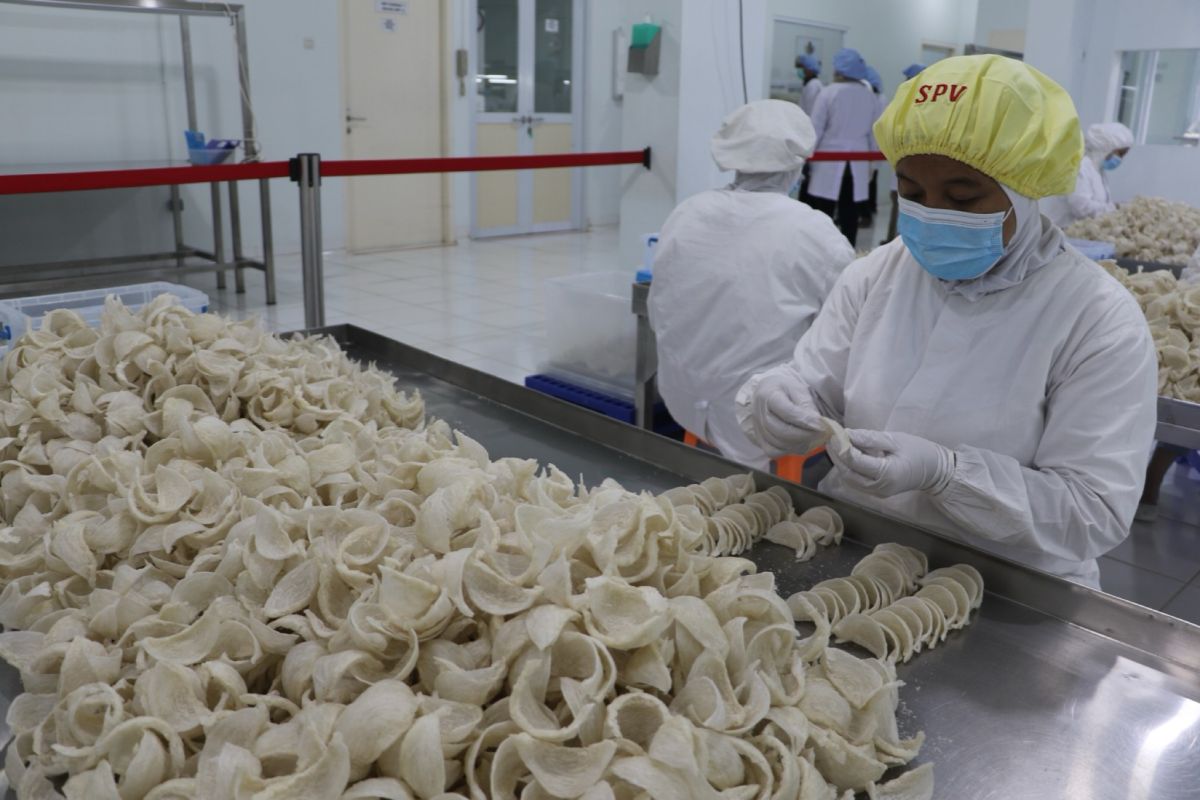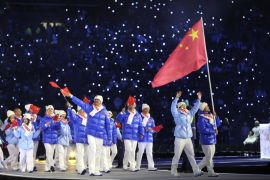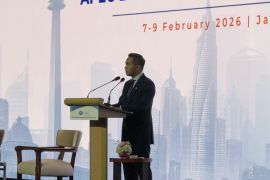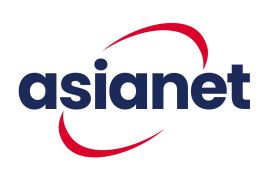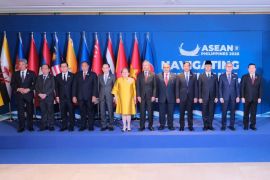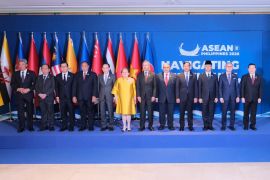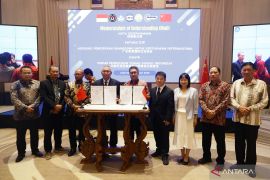The General Administration of Customs of the People’s Republic of China (GACC) recently enforced a strict food safety requirement, setting the maximum allowable aluminum content in Indonesian swiftlet bird’s nest products at 100 mg/kg (ppm—parts per million).
“This is certainly very detrimental to Indonesia, as the requirement has not been mutually agreed upon by the Indonesian government, which is the main trade partner for swiftlet nest products,” said Sriyanto, Deputy for Animal Quarantine, in a statement in Jakarta on Tuesday.
According to Sriyanto, the aluminum limit was unilaterally imposed by the Chinese government as a means to address food safety concerns through a generalized approach, and it has not been mutually agreed upon by the Indonesian government.
As a result, 11 Indonesian companies have faced sanctions from the GACC in the form of temporary suspensions of their export permits for swiftlet bird’s nest products to China.
To address the issue, the Indonesian government, through Barantin, is pursuing two strategic solutions: a short-term resolution through investigative audits and a long-term scientific assessment of aluminum content.
Barantin has conducted investigative food safety assurance on nine companies, the results of which are now being verified by the GACC.
In parallel, the agency has begun aluminum content testing on each shipment bound for China using the ICP-MS method, in line with China’s national food safety standard, GB 5009.268-2016. Barantin has also introduced standard operating procedures (SOPs) for raw materials sourced from swiftlet houses.
Barantin has urged all exporters to carry out laboratory tests as a screening measure to assess the quality of raw materials in relation to aluminum content.
As part of its long-term effort, Barantin is conducting a comprehensive study on aluminum content in raw swiftlet bird’s nest materials from various ecosystem conditions where the products are sourced.
Out of 907 collected samples, 880 have already undergone aluminum testing using the ICP-MS method, in accordance with Chinese standards.
The agency is also encouraging businesses to consider alternative export destinations that have long served as markets for Indonesian swiftlet nest products, such as the United States, Australia, Vietnam, Malaysia, Canada, Japan, France, and Hong Kong.
Related news: China-Indonesia Summit strengthens bird’s nest trade relations
Translator: Maria Cicilia, Kuntum Khaira
Editor: M Razi Rahman
Copyright © ANTARA 2025
